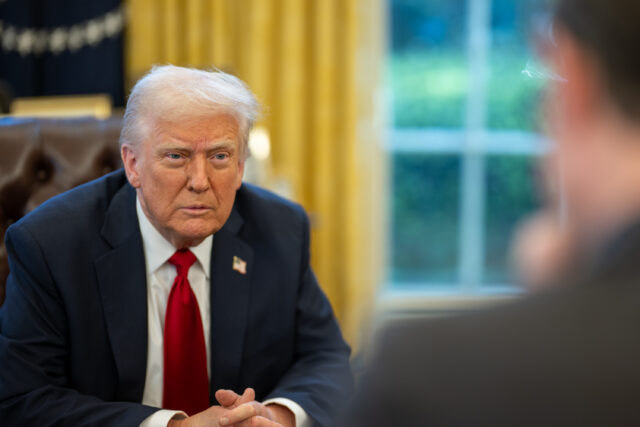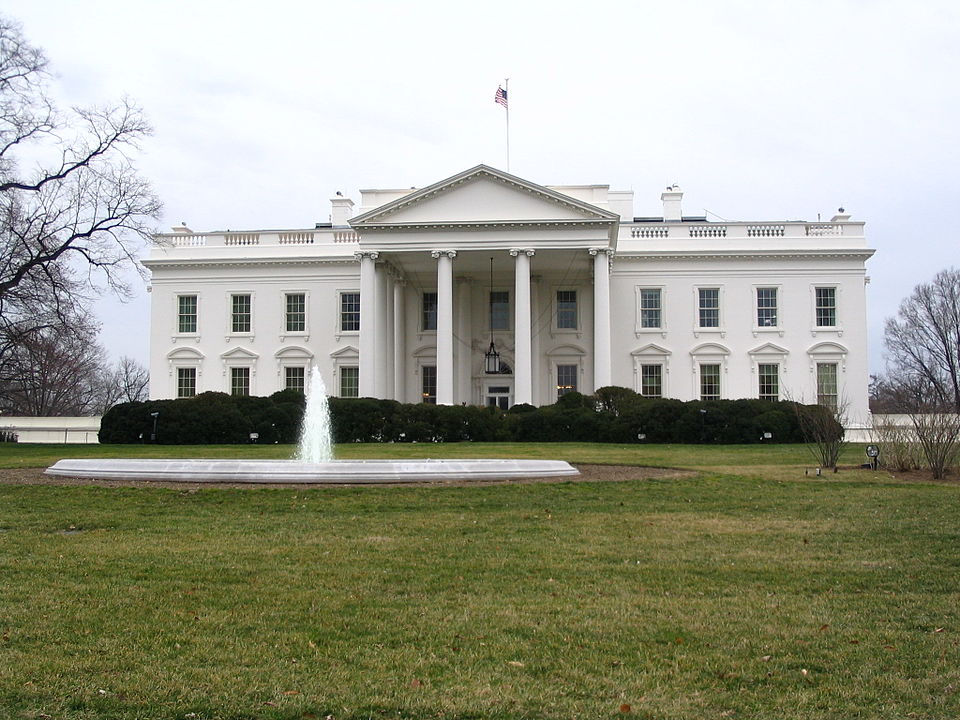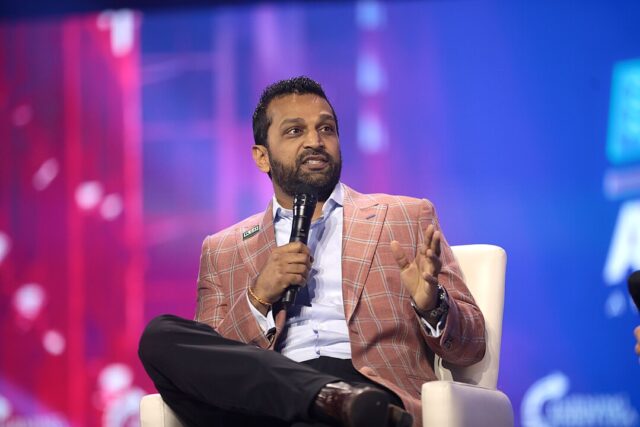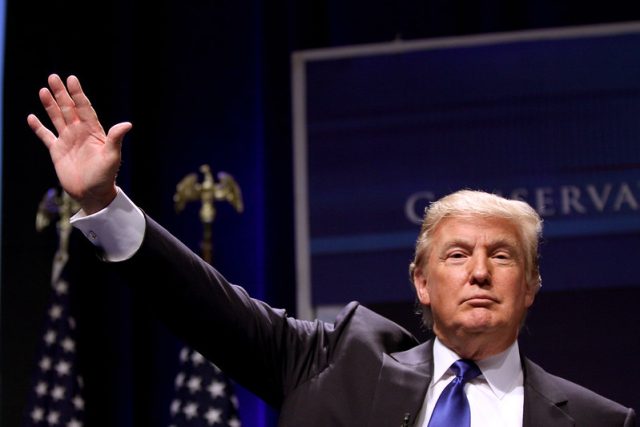Trump Says He Is ‘Not Happy’ With Iran Negotiations
President Donald Trump said Friday he is dissatisfied with the ongoing negotiations with Iran, signaling growing frustration as diplomatic talks continue and speculation mounts about potential U.S. military action.
Speaking to reporters, Trump said Iran has not yet met key U.S. demands.
“I’m not happy with the fact that they’re not willing to give us what we have to have. So I’m not thrilled with that,” Trump said. “We’ll see what happens. We’re talking later. We’ll have some additional talks today. But, no, I’m not happy with the way they’re going.”
The comments come as the administration weighs its next steps in dealing with Tehran, amid longstanding concerns among U.S. officials and allies about Iran’s nuclear ambitions, ballistic missile program, and support for terrorist proxies across the Middle East.
Trump said he has not made a final decision on whether the United States will carry out a military strike against Iran, an option that has drawn heightened attention in recent days.
When asked by Fox News correspondent Peter Doocy about the potential consequences of such action, including the risk of a prolonged regional conflict, the president acknowledged the inherent uncertainty surrounding military engagements.
“I guess you could say there’s always a risk. You know, when there’s war, there’s a risk in anything — both good and bad,” Trump said.
Trump pointed to actions taken during his first term as evidence of his administration’s willingness to use force when necessary. In 2020, the U.S. carried out a drone strike that killed Gen. Qassem Soleimani, the head of Iran’s Islamic Revolutionary Guard Corps’ elite Quds Force. The strike was praised by many Republicans as a decisive move that reasserted American deterrence after years of what critics described as weak enforcement of red lines under previous administrations.
The president also referenced Operation Midnight Hammer, launched last summer during his second term, as part of broader efforts to counter Iranian-backed threats in the region. Trump said that, to this point, “everything’s worked out.”
Republican lawmakers have largely backed Trump’s hardline approach, arguing that sustained economic pressure, clear red lines, and credible military deterrence are essential to preventing Iran from acquiring a nuclear weapon and destabilizing U.S. allies such as Israel. Critics of Tehran have long contended that previous diplomatic agreements provided sanctions relief without permanently dismantling Iran’s nuclear infrastructure.
As talks continue, administration officials have emphasized that the president’s priority remains preventing Iran from obtaining a nuclear weapon while protecting American interests and personnel in the region. For now, Trump indicated that discussions are ongoing — but made clear he expects more from Iran at the negotiating table.
“We’ll see what happens,” he said.











